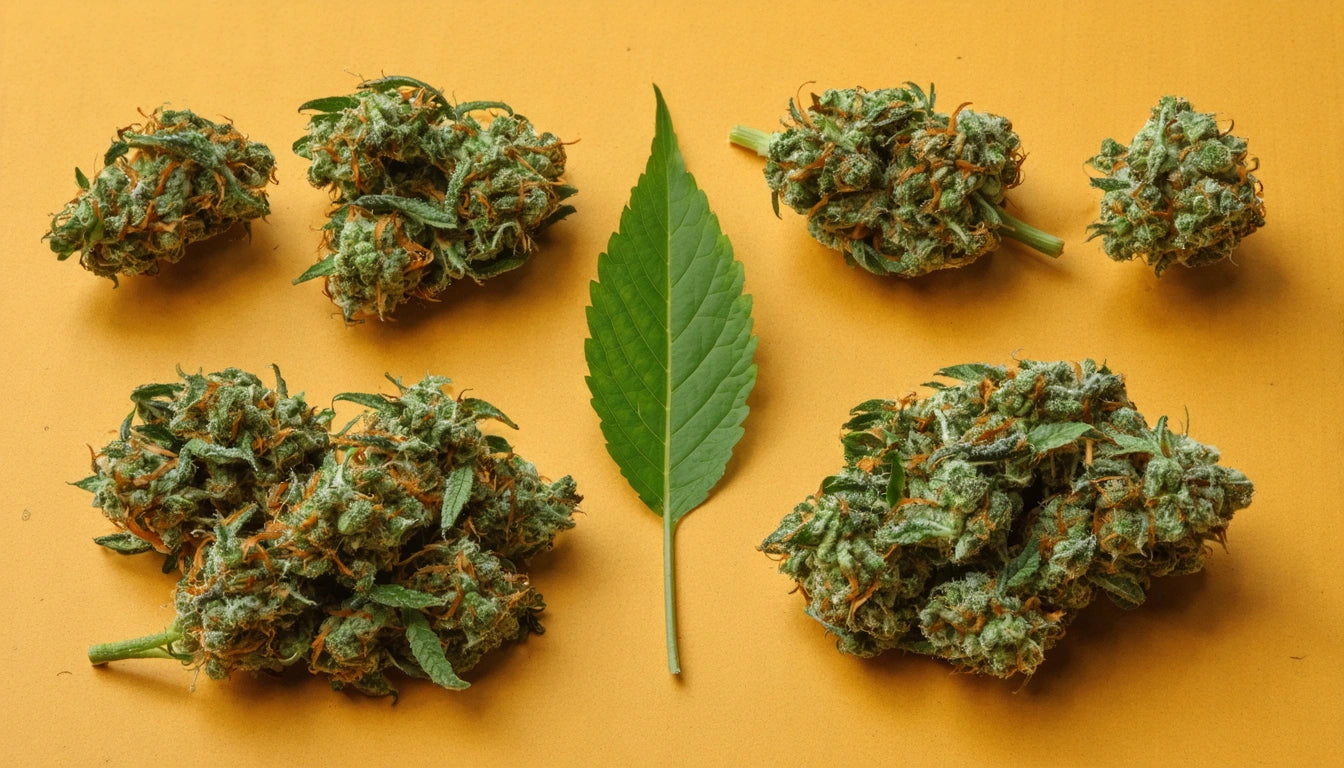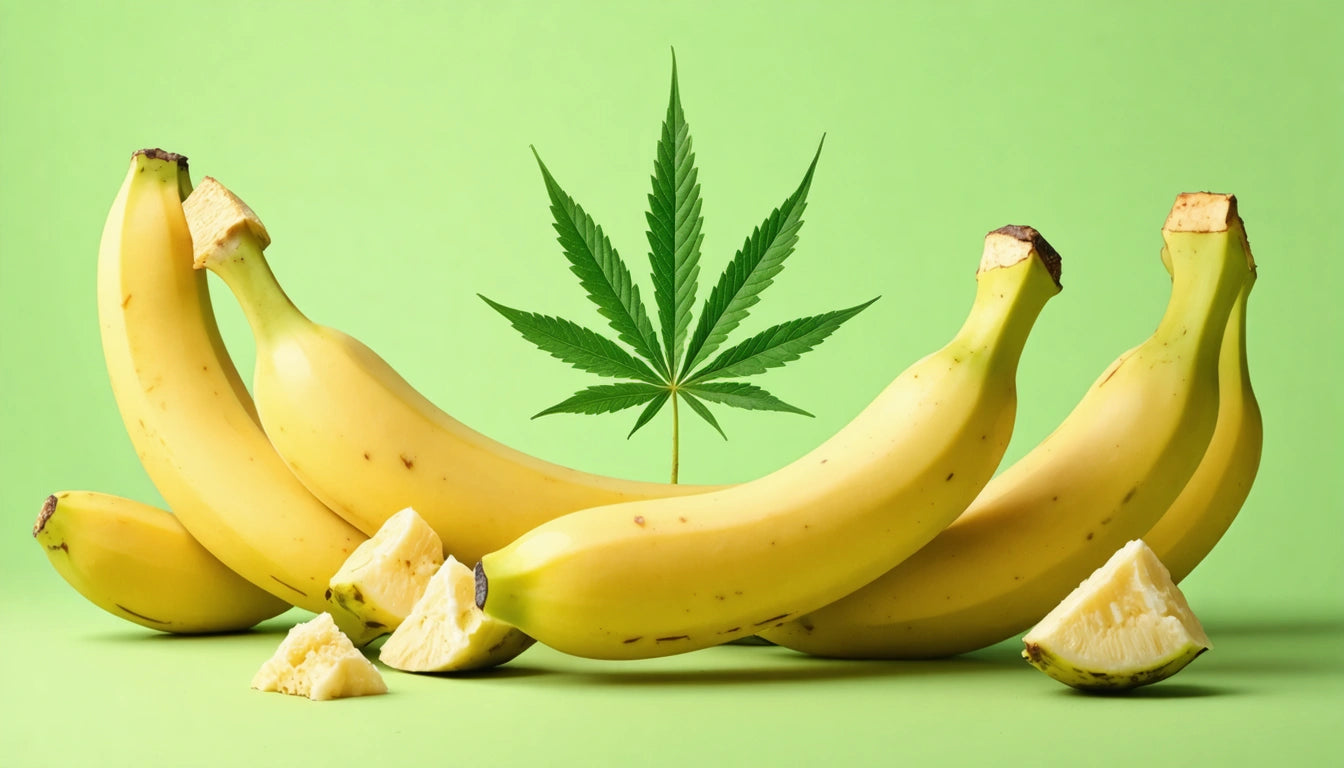Table of Contents
Exploring the Many Names and Translations of 'Weed'
Cannabis goes by many names across different cultures, languages, and contexts. Understanding these variations isn't just linguistic trivia, it's essential knowledge for travelers, industry professionals, and curious minds alike. From proper spelling to international translations, this guide explores the diverse terminology surrounding this globally recognized plant.
Common Terminology and Spelling for Cannabis
The most straightforward question many ask is simply how do you spell weed. In English, the standard spelling is "weed" (W-E-E-D), referring to the cannabis plant used recreationally or medicinally. This spelling remains consistent throughout English-speaking countries, though the term itself is considered informal.
When discussing the activity of removing unwanted plants, people often wonder how do you spell weed wack. The correct term is actually "weed whack" or "weedwhack," though "weed wack" has become a common variant in casual usage. This refers to using a string trimmer to remove unwanted plants and has no relation to cannabis.
For proper terminology in professional contexts, terms like "cannabis," "marijuana," or specific strain names are preferred over the colloquial "weed."
International Translations of 'Weed'
European Languages
For those wondering how do you say weed in French, the most common translation is "l'herbe" (literally meaning "the herb"). More formal contexts might use "le cannabis" or "la marijuana."
If you're curious about how to say weed in German, the term is "Gras" (literally "grass"). Germans also use "Hanf" for hemp or cannabis in a more botanical context.
For Italian speakers or travelers to Italy wondering how do you say weed in Italian, the common term is "erba" (also meaning "herb"). More formal Italian terms include "cannabis" or "marijuana," similar to English.
Asian and Middle Eastern Terms
In Japanese, cannabis is commonly called "麻" (asa), while in Arabic it's referred to as "Øشيش" (hashish), which specifically refers to the resin of the cannabis plant. These translations reflect cultural and historical relationships with the plant.
Regional Slang and Cultural Variations
There are countless different ways to say weed depending on regional slang. In North America alone, terms like "pot," "grass," "herb," "ganja," "Mary Jane," and "bud" are all common alternatives. Each region and generation tends to develop its own slang terms.
When considering other ways to say weed, cultural context matters significantly. For example, "dope" can refer to cannabis in some regions but to harder drugs in others, making it important to understand local usage.
For those looking to store their product properly, quality storage solutions like mylar bags have become industry standard, often labeled with various terms depending on the target market and region.
Etymology and Historical Origins
The term "weed" itself has interesting origins. It began as a reference to any unwanted plant but evolved to become a specific reference to cannabis. This linguistic journey parallels the plant's changing cultural status over time.
Many international terms for cannabis have Sanskrit roots, particularly "ganja," which spread through various cultures via trade routes and colonial expansion. This etymology reveals the plant's ancient relationship with human civilization across continents.
Industry Terminology and Professional Context
In professional and medical contexts, terminology becomes more specific and standardized. Industry professionals tend to avoid slang terms entirely, instead referring to:
- Cannabis (scientific name)
- Specific strain names (e.g., Blue Dream, OG Kush)
- Product types (flower, concentrates, edibles)
- Cannabinoid profiles (THC-dominant, CBD-dominant, balanced)
As explained in this comprehensive guide on cannabis terminology, the language used often signals one's familiarity with and relationship to the plant and industry.
Linguistic Evolution and Future Terminology Trends
As cannabis continues to gain legal status in various regions, terminology is evolving toward more precise, scientific, and professional language. Terms focusing on specific effects, cannabinoid profiles, and terpene content are replacing generic slang.
This linguistic shift reflects broader normalization and destigmatization efforts. Where once coded language was necessary due to prohibition, open and accurate terminology now dominates in regions with legal frameworks.
Understanding the various names and translations for cannabis isn't merely about semantics, it reflects deeper cultural attitudes, legal contexts, and historical relationships with the plant. Whether you're traveling abroad, working in the industry, or simply curious about linguistic variations, appreciating these diverse terms provides valuable insight into how different cultures relate to this complex and controversial plant.











Leave a comment
All comments are moderated before being published.
This site is protected by hCaptcha and the hCaptcha Privacy Policy and Terms of Service apply.